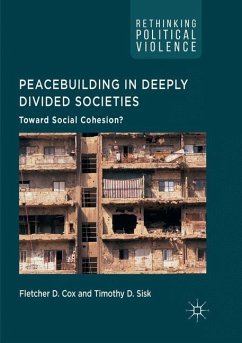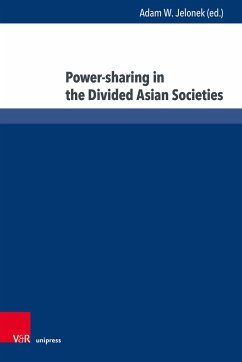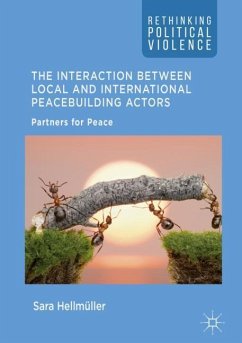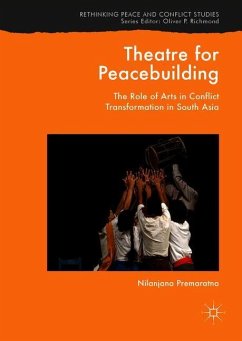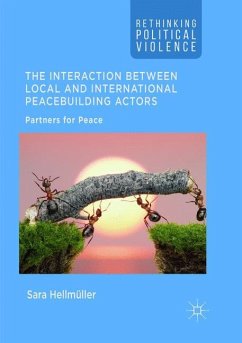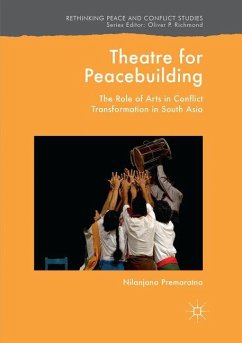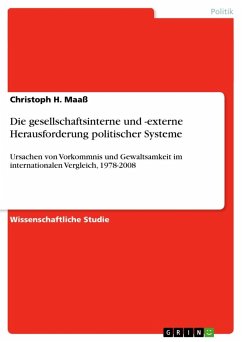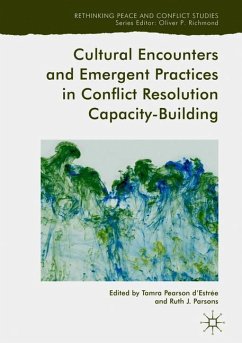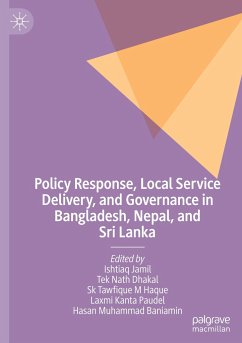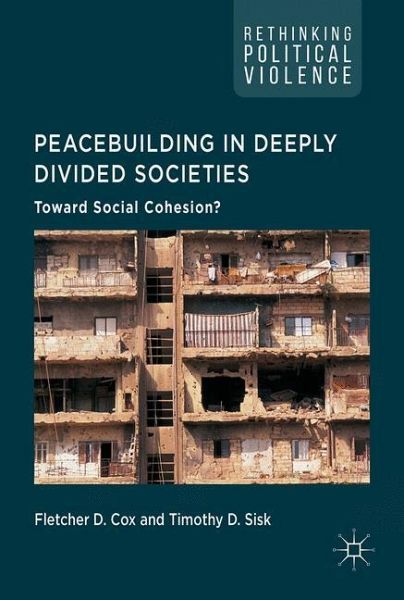
Peacebuilding in Deeply Divided Societies
Toward Social Cohesion?
Herausgegeben: Cox, Fletcher D.; Sisk, Timothy D.

PAYBACK Punkte
46 °P sammeln!
This book explores a critical question: in the wake of identity-based violence, what can internal and international peacebuilders do to help "deeply divided societies" rediscover a sense of living together? In 2016, ethnic, religious, and sectarian violence in Syria and Iraq, the Central African Republic, Myanmar, and Burundi grab headlines and present worrying scenarios of mass atrocities. The principal concern which this volume addresses is "social cohesion" - relations within society and across deep divisions, and the relationship of individuals and groups with the state. For global peacebu...
This book explores a critical question: in the wake of identity-based violence, what can internal and international peacebuilders do to help "deeply divided societies" rediscover a sense of living together? In 2016, ethnic, religious, and sectarian violence in Syria and Iraq, the Central African Republic, Myanmar, and Burundi grab headlines and present worrying scenarios of mass atrocities. The principal concern which this volume addresses is "social cohesion" - relations within society and across deep divisions, and the relationship of individuals and groups with the state. For global peacebuilding networks, the social cohesion concept is a leitmotif for assessment of social dynamics and a strategic goal of interventions to promote resilience following violent conflict. In this volume, case studies by leading international scholars paired with local researchers yield in-depth analyses of social cohesion and related peacebuilding efforts in seven countries: Guatemala, Kenya, Lebanon, Nepal, Nigeria, Myanmar, and Sri Lanka.





